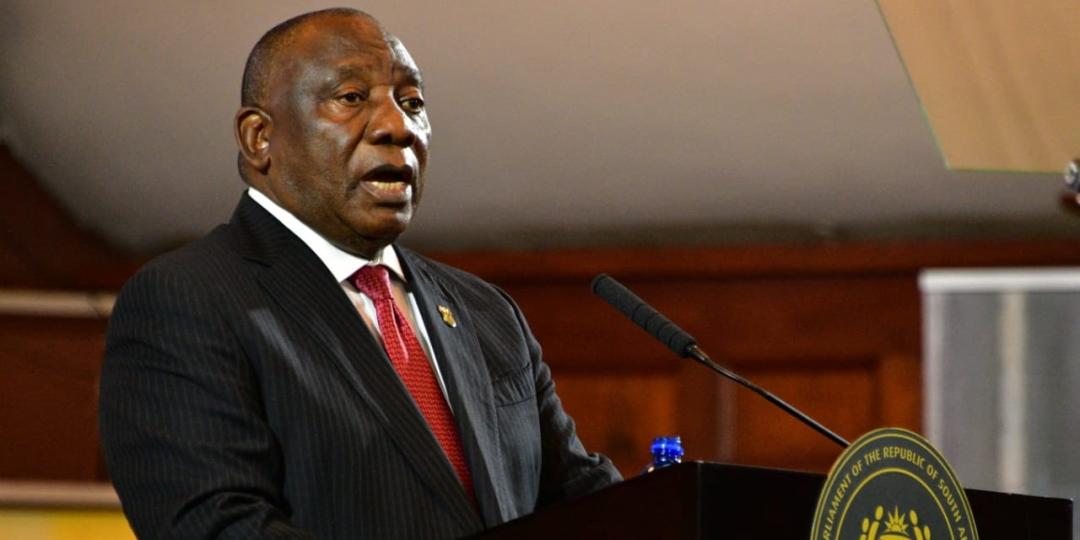“Overwhelmingly underwhelming”. That’s how the tourism industry has summed up President Cyril Ramaphosa’s State of the Nation Address. The speech, which was 16 pages and over 6 000 words long, made no mention of tourism.
“The word ‘tourism’ was not mentioned once, despite being the second-largest economic sector,” said David Frost, CEO of SATSA.
“It was quite appalling. We are not even an afterthought because we are not even a thought” he said.
FEDHASA National Chairperson Rosemary Anderson said: “FEDHASA expresses deep disappointment that tourism was not mentioned once during the 2024 State of the Nation Address. This oversight of tourism's immense potential for job creation and economic growth is baffling. The President spoke fervently about business needing to create more jobs. Yet his administration continues implementing obstacles that actively hinder the tourism and hospitality industry's ability to meet this goal.”
For three years in a row, starting in 2021, Ramphosa has promised sweeping changes to the country’s visa regime under Operation Vulindlela. In 2022, he announced two new visa categories, including a remote work visa. Last year, he announced that the country would move quickly to implement recommendations from a review of the work visa system.
In the interim, the Department of Home Affairs has missed several deadlines to gazette the visa reforms, and enraged the industry when it issued a directive in December instructing visitors who had not yet received visa renewals by February 23, to immediately depart the country.
Visas critical
The speech made one mention of visas – in relation to the recently published draft visa regulations, although Ramaphosa made the mention in connection with skills and not with the tourist potential.
“While the new draft visa reform regulations are welcome, it must be noted that the President merely gave a passing mention to this and ignored the sheer crisis of the visa backlogs,” said James Vos, Mayoral Committee Member for Economic Growth in the City of Cape Town.
Anton Gillis, CEO of Kruger Gate Hotel, said: “Arguably the biggest challenge to inbound tourism is the issue of visas. Be it delays in issuing visas, visas being denied or simply the lack of clear communication on the part of the authorities, it is a problem that requires strategic intervention at the highest level.”
Frost said SATSA had never had a meeting with Home Affairs concerning visas, where the department asked what was required.
“We need a structured engagement where we are the principal.”
South Africa had an excellent tourism offering, which should be attracting double the pre-COVID number of international visitors per year, he said. And visas, especially for the two biggest tourism source markets in the world, India and China, were a major stumbling block.
“India and China have the greatest potential for growth” he said.
E-visas not suitable for certain markets
He added that e-visas, which were touted as a solution, were not suited to the Chinese market because they were for individual travellers. Chinese travellers largely travel in groups, and e-visas do not take into account Chinese payment methods.
“The tourism industry’s contribution to the economy is well measured and documented, but our inability to streamline the visa process for foreign visitors is a massive hurdle. E-visas have been put forward as a solution, but very little – if indeed anything at all – has come of this,” said Gillis.
“The solution remains simple: the tourism industry is the fastest route to tackling unemployment and creating jobs, equipping the very individuals noted in the SONA address with skills and livelihoods,” said Anderson.
“The President's speech was a missed opportunity to recognise tourism's immense capacity for job creation and economic growth. With the right policies, tourism can play a leading role in growing employment and prosperity for all South Africans.”























